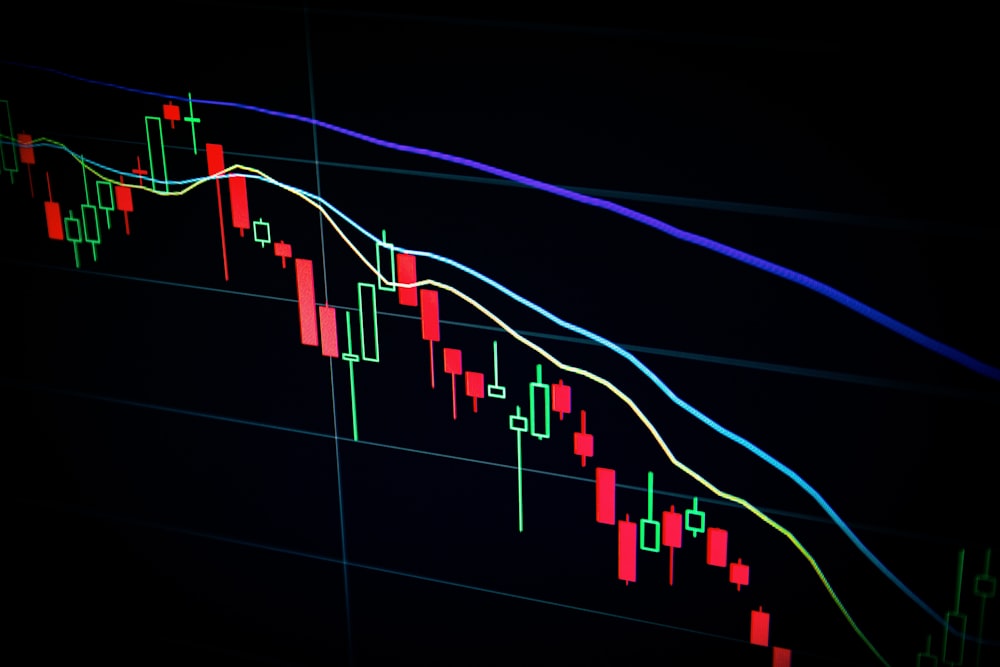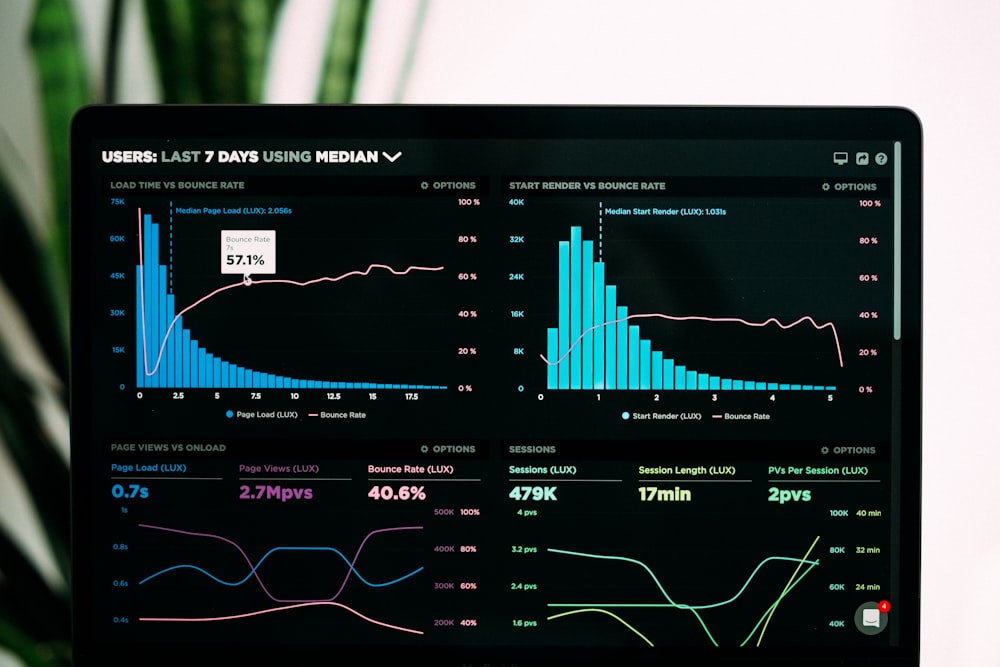This positive market reaction comes as the US and China agreed to roll back tariffs to February 2025 levels, easing concerns over an escalating trade war. In contrast, the S&P 500 index faltered after initially reacting positively to the trade agreement, indicating mixed investor sentiment. Although trade tensions have eased, broader economic concerns linger as the US Dollar Index (DXY) posted a seven-week low, reflecting waning confidence in the dollar amid heightened concerns regarding fiscal management.
JPMorgan Chase CEO Jamie Dimon indicated potential risks in private credit, adding to worries that the US economy might be vulnerable to a recession. Moreover, RSM Chief Economist Joe Brusuelas mentioned that there hasn't been a significant economic pass-through from the recent tariff changes.
Market participants are cautious as the Federal Reserve's interest rate decisions loom ahead. Futures-based probabilities suggest a 73% chance that rates will rise to 3.75% or beyond by December. As higher rates can inhibit economic growth and shift investor preferences away from riskier assets, the emerging trend shows investors may be looking toward cryptocurrencies as a hedge against both inflation and potential economic slowdown.
In this context, the decoupling of cryptocurrency performance from traditional assets could suggest a strategic shift where digital assets may benefit from anticipated liquidity injections from central banks, despite overall economic uncertainty. The current environment invites traders to consider potential advantages in crypto investments as they seek better returns amidst growing fiscal challenges.



